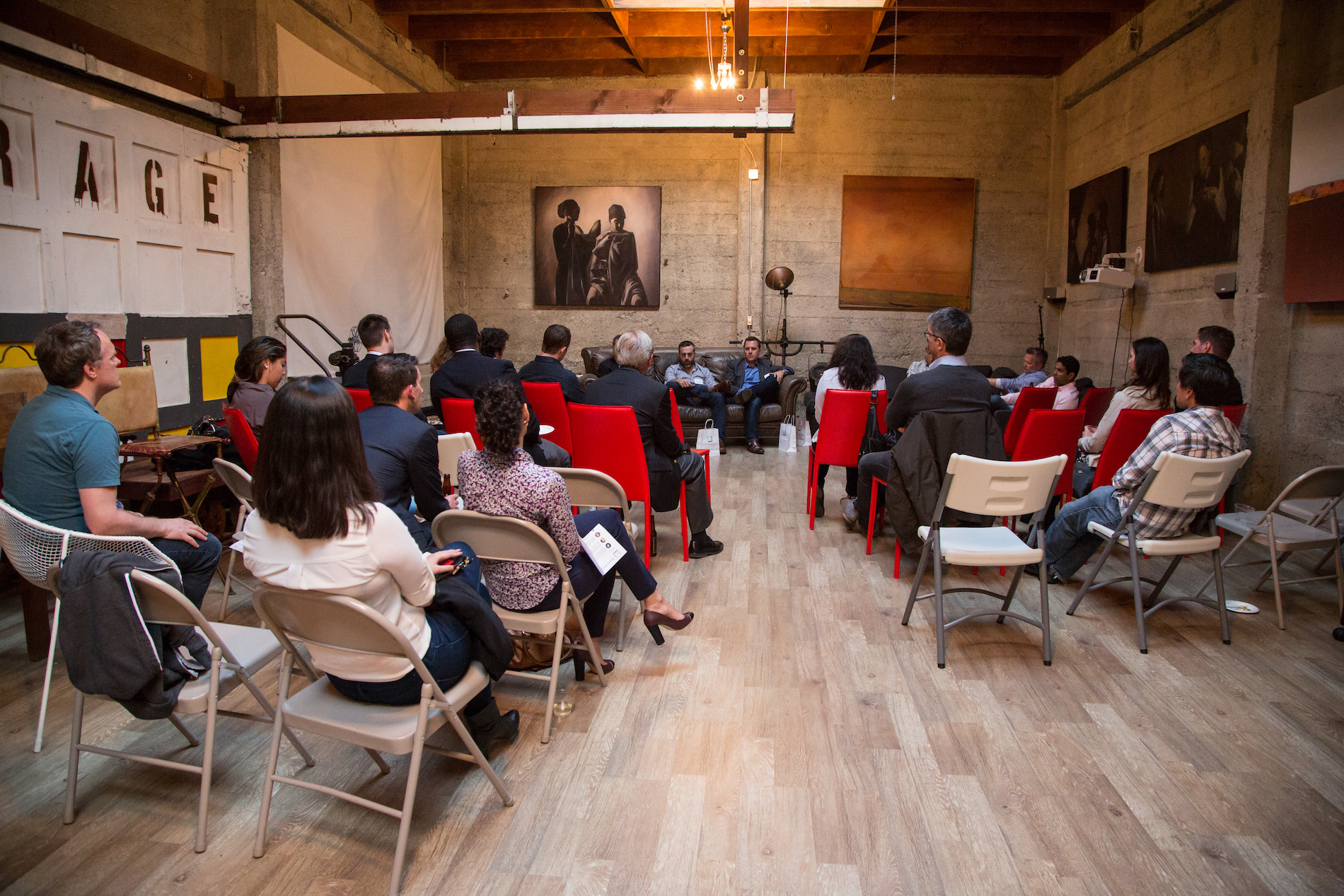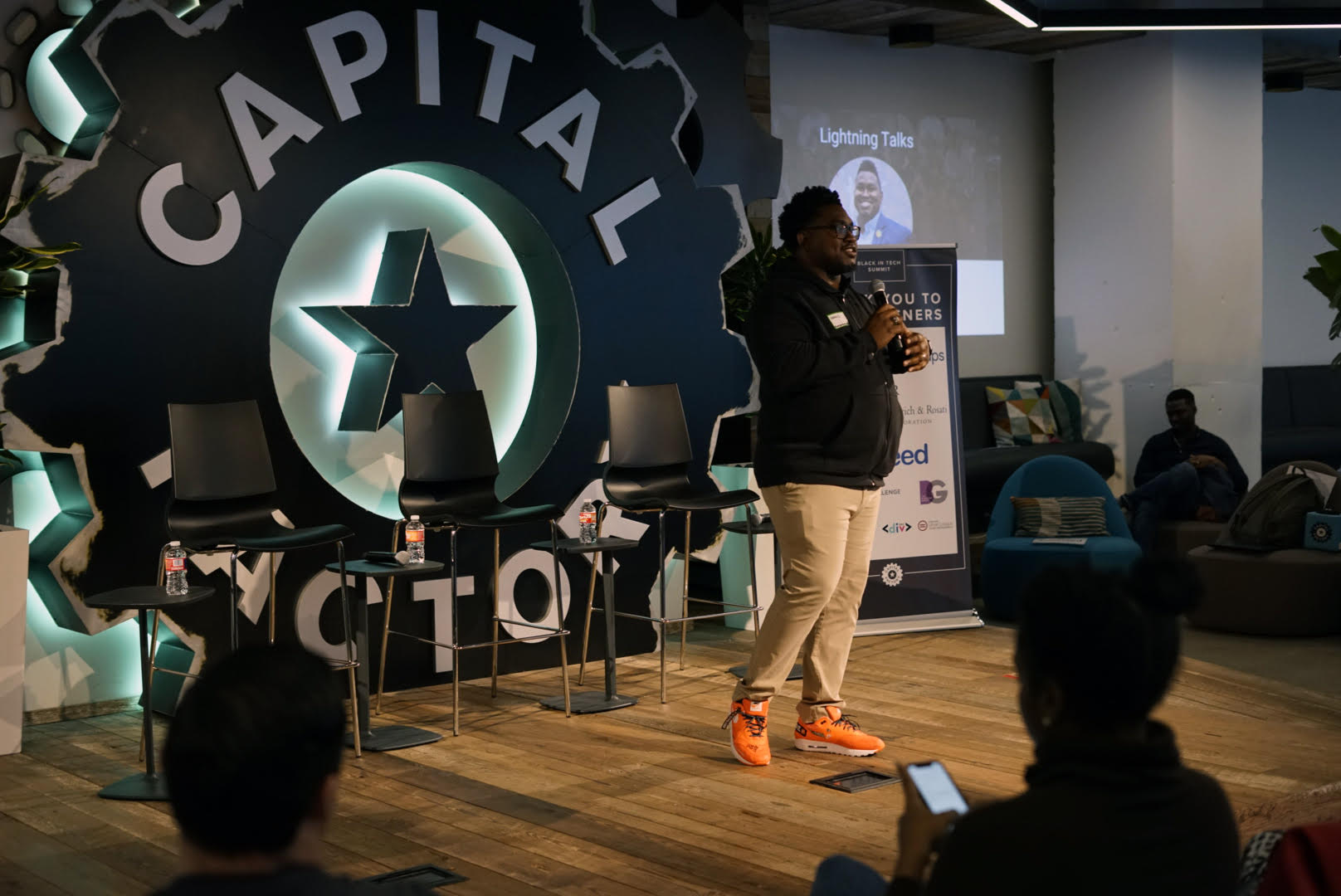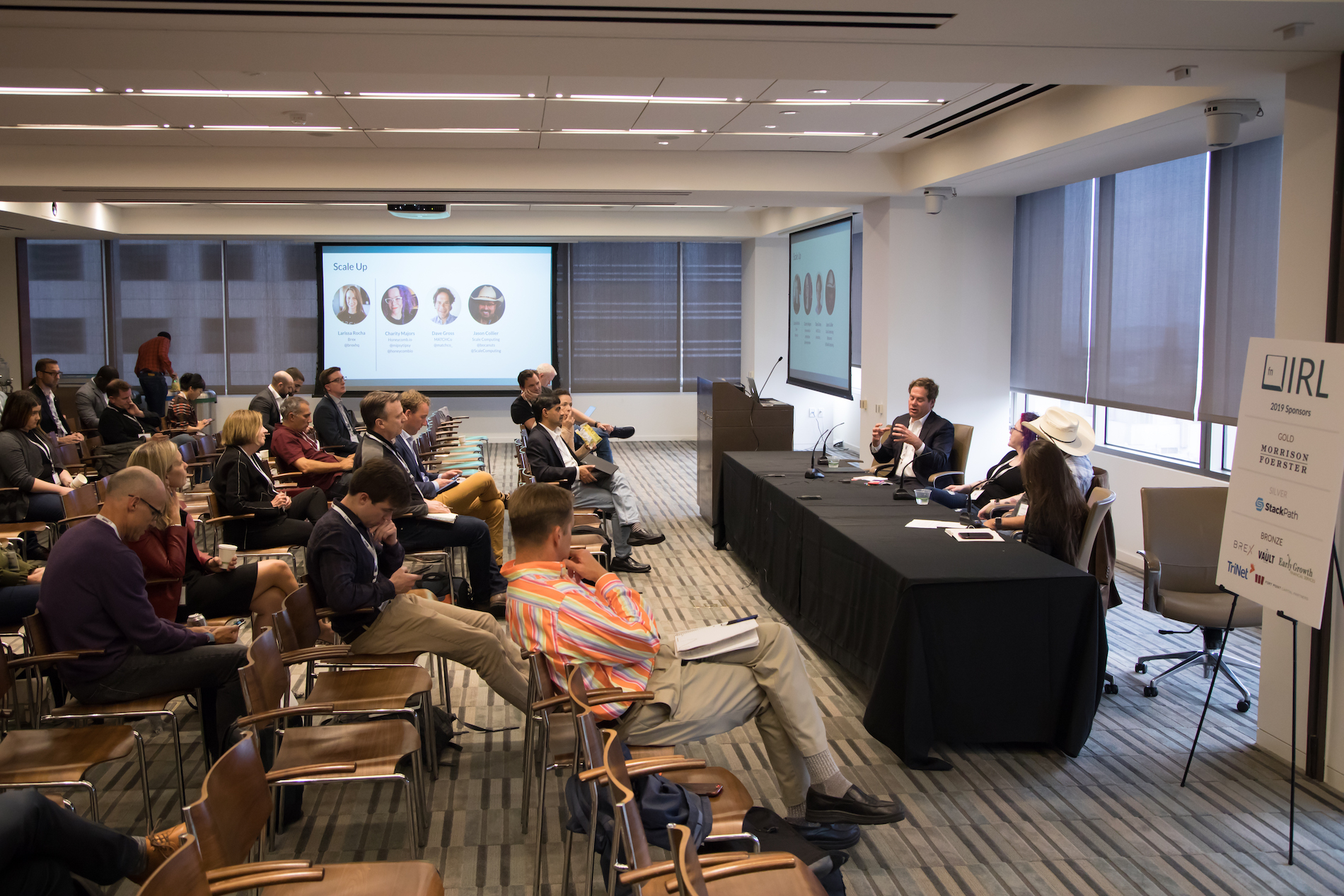
“I love the pre-seed and seed stage of company formation, because this is where the hard work of understanding what makes a difference in customers’ lives comes about,” says Michael Silton, Managing Director of Act One Ventures. Silton never intended on becoming a venture capitalist. He is first and foremost a founder, a fourth-generation one who founded his first company at 18. That one failed, but his subsequent one found much more success, eventually being sold, while he ran his third startup from day one through IPO and then for 42 quarters as a public company.
Looking back at that initial failure, Silton doesn’t blame his young age. Rather it was his lack of a network and community of support to help guide him with advice and connections. That was something he discovered in Silicon Valley in his journey to founding his third startup. “The difference in success was not my own skills, not the brilliance of my idea, it was truly the people around me that made it possible.” That was why Silton was moved to return to his alma mater, UCLA, to volunteer to create a network of alumni to provide a community of support for younger startup founders.
“If you don’t create an inclusive culture right from the beginning, you’re never going to be able to continue to hire the very best talent in the entire world as you grow.“ - @MichaelSilton Share on X
Silton feels compelled to work with such networks like UCLA alumni and Founders Network in the interest of giving back some of what he gained from his own experience with supportive communities. Now he is on a quest to see one specific practice be widely adapted by the industry for everyone’s benefit. Developed by Silton’s partner at Act One Ventures, Alejandro Guerrero, the Diversity Rider offers a fairly simple method to have a major impact on the diversity of companies. The rider inserts language into term sheets that encourages founders and investors to set aside a certain dollar amount or percentage of funding for Black, Latinx and other underrepresented check writers. This creates a more diverse cap table and also expands everyone’s networks and connections throughout the industry.
While Act One Ventures was the first to adopt the rider last August, more than 50 firms and industry partners have since signed on, with more and more founders now asking for it from investors. The goal is to make the Diversity Rider industry-wide — “if you don’t create an inclusive culture right from the beginning,” Silton says, “you’re never going to be able to continue to hire the very best talent in the entire world as you grow.” And bringing in more diversity is good for business. Silton explains that despite Act One Ventures not having any specific focus on diversity in their charter, 70% of the founders who make up their portfolio are women or People of Color. And this has proven what they already knew to be true: working with diverse founders is good business. Act One Ventures sees their returns in the top decile for a venture fund. And while the 70% was not achieved by design, it comes from stressing the importance of being welcoming to everyone from all backgrounds. This is the only way to ensure you have the opportunity to work with the best people.
“One of the key things for a VC is to understand not only the problem and solution but why you and your team are the best people to solve that.“ - @MichaelSilton Share on XSpeaking of working with the best people, one of the biggest weaknesses which Silton sees in slide deck pitches tends to come at the end of the presentation. It’s the team slide, which all too often appears to be an afterthought with names, photos, titles, and perhaps logos of where people previously worked. This is not the right strategy when it’s so important to allow an investor to understand why a founder and their team are the most qualified to create the solution on which their company is based. And this, Silton stresses, is critical: “One of the key things for a VC is to understand not only the problem and solution but why you and your team are the best people to solve that.”
Instead, Silton encourages “people to think more about, why is this team uniquely suited to solve this problem? What is it about your backgrounds? It’s not your title, it’s not where you worked. It’s something you did.” At the upcoming Founders Network Pitch Practice and Office Hours, Silton chuckles as he promises very honest feedback. But there is something else which Silton offers as a founder-venture capitalist: “I believe that the best kind of venture capitalists are those that have also been founders and can have the empathy for what’s going on, and have been on the journey, and don’t have the answers but at least can share the stories about how they got out of the situations, who they relied on, how they thought about the different questions.”
“I believe that the best kind of venture capitalists are those that have also been founders and can have the empathy for what’s going on.“ - @MichaelSilton Share on XFor more from Act One Ventures, join Michael Silton for the upcoming Pitch Practice and Office Hours or request to join to access the many resources that Founders Network offers. He promises to offer his insights as both a VC and a founder, as well as some very honest feedback. Key takeaways include:
- How to bring diversity into your company and into your cap table
- The right questions for founders to ask investors
- What are the advantages of working with a VC who has also been a founder
- Making a pitch stand out






